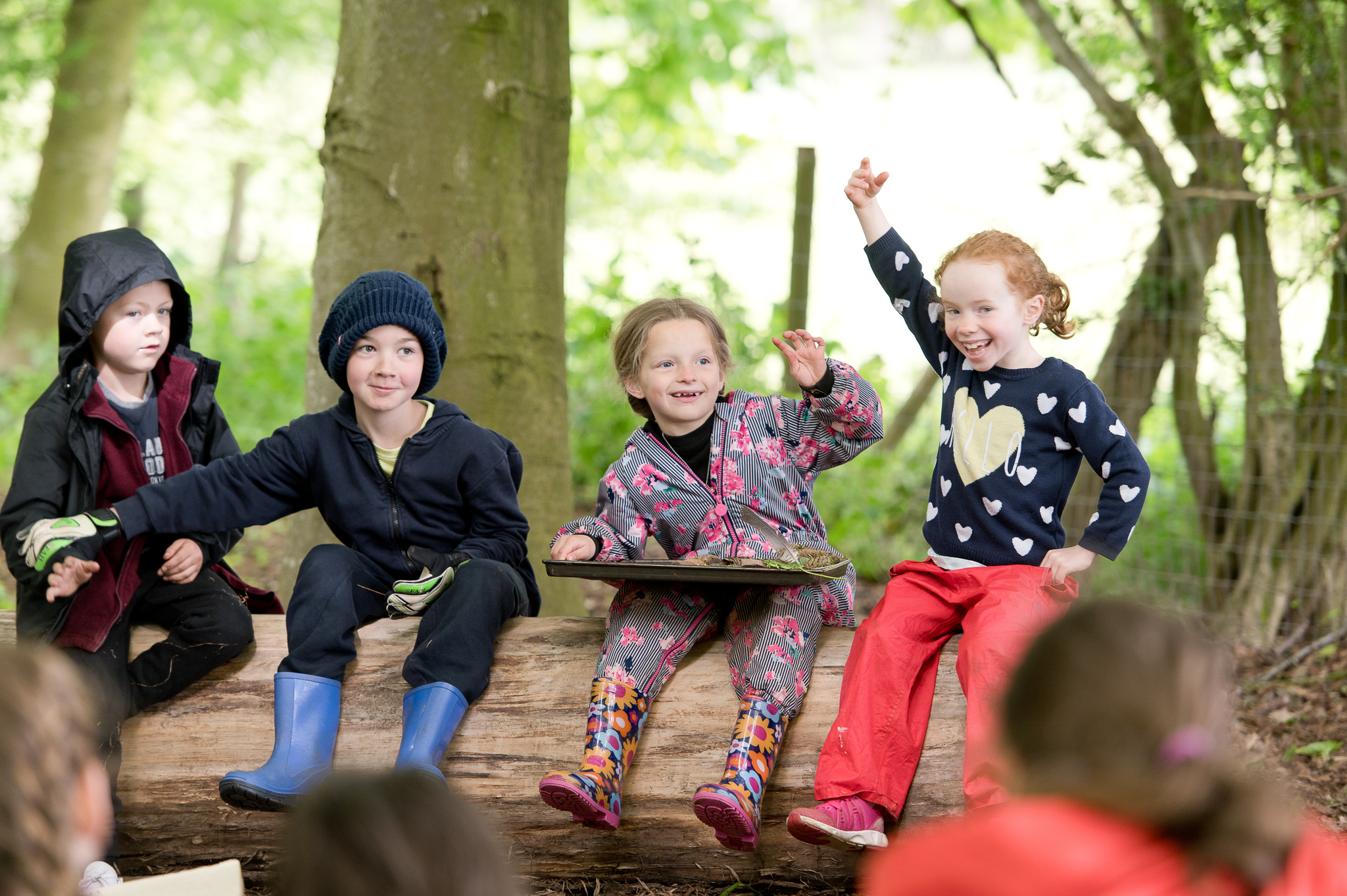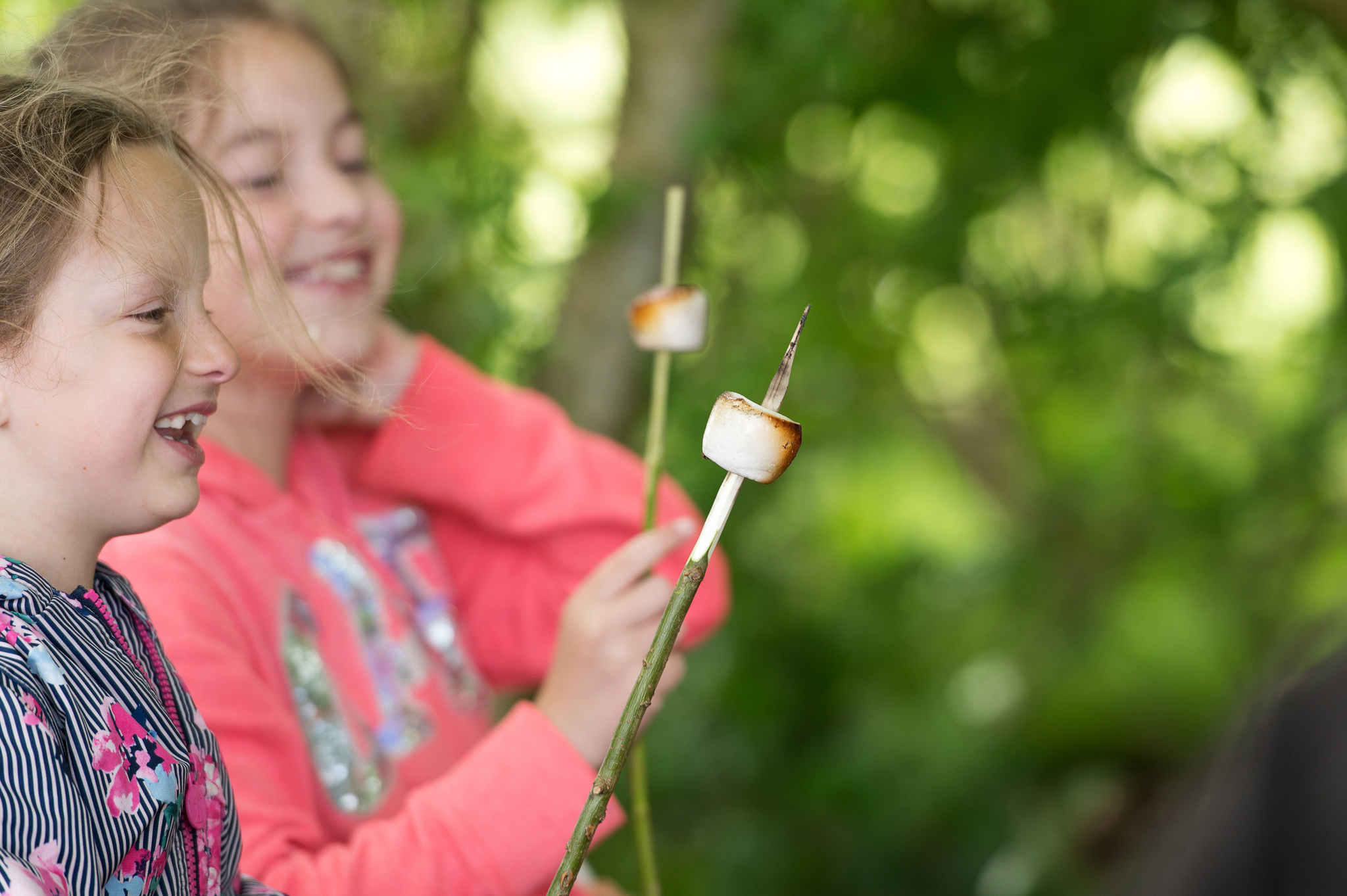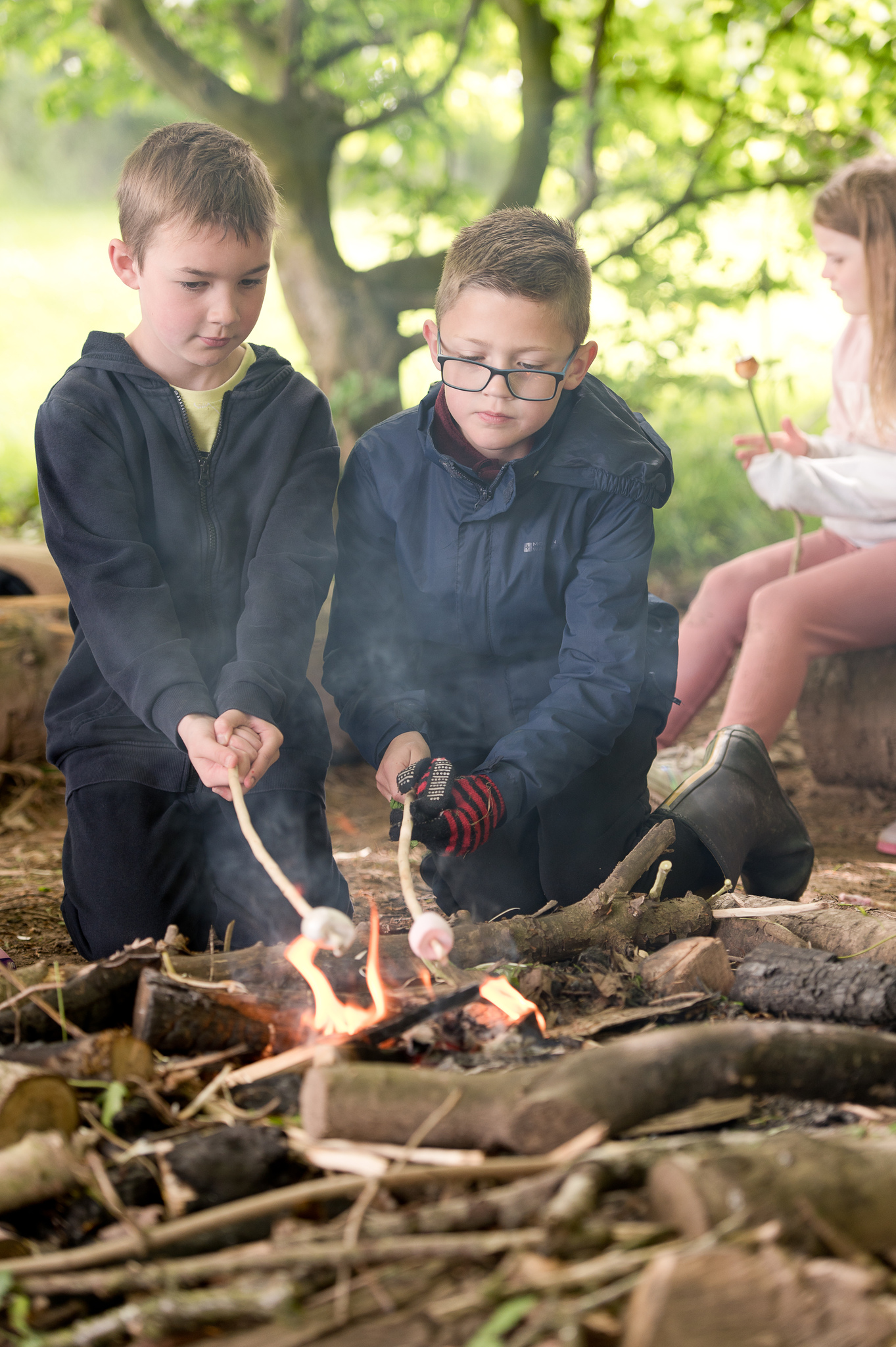A Definition of Outdoor Learning
Outdoor learning allows everyone, particularly children and young people the opportunity to learn through experience within a woodland setting in a hands on manner to develop their self-esteem and confidence
Outdoor Learning Vision
To enable each student attending outdoor learning sessions to have the opportunity to develop an inquisitive and positive relationship with the natural world. Increasing confidence, self-esteem and respect in preparation for an ever changing world, and for every student to have the opportunity to achieve their holistic, full potential.
Outdoor Learning Philosophy
The philosophy of outdoor learning is to inspire individuals of any age through positive outdoor experiences and provide them an opportunity to appreciate the wider, natural world to encourage a responsibility for nature conservation in later life.
Outdoor Learning Involves
- Child initiated learning;
- Being outdoors;
- Integration with the National Curriculum;
- Delivery by a trained leader;
- Fun
Outdoor Learning Helps to Develop:
- Confidence and self-esteem;
- Communication and social skills;
- Physical skills;
- Greater understanding and awareness of the natural environment;
- Natural motivation and a positive attitude to learning;
- The ability to recognise and manage risk;
- Healthier lifestyles.
Outdoor Learning Aims:
- To provide an opportunity for individuals to develop, to learn and to enjoy themselves.
- To provide a safe and non-threatening environment in which children can take risks, make choices and initiate their own learning.
- To help children understand, appreciate and care for the natural environment.
- To provide ways of developing practical life skills in an outdoor environment.
- To develop self-esteem, confidence and a positive disposition to learning through the completion of small, achievable tasks.
- To meet the needs of children with all learning styles
- To develop social and team working skills
- To enable children to be independent, self-motivated and considerate.
- To develop a secure, happy and welcoming environment.
- To provide stimulation and varied learning activities appropriate to the child’s needs and stages of development.
- To help each child build self-esteem, confidence, independence and self-control and interpersonal skills.
Forest Friday is a child-centred inspirational learning process, that offers opportunities for holistic growth through regular sessions. Through this, we support play, exploration and supported risk taking. It develops confidence and self-esteem through learner inspired, hands-on experiences in a natural setting.
The process helps and facilitates more than knowledge-gathering, it helps learners develop socially, emotionally, spiritually, physically and intellectually. It creates a safe, non-judgemental nurturing environment for learners to try new things and take risks.
Our approach to risk means that learners constantly expand on their abilities by solving real-world issues, building self-belief and resilience. We believe that risk is an important factor in the growth of a child as there are risks in everything we do, and we grow by overcoming them.
Here at Bredenbury Primary School, we are extremely proud of our outdoor learning environment. We have two very dedicated and enthusiastic practitioners who run ‘Forest Fridays’ for alternating weeks with KS1 and KS2.
During these afternoons, the children attend sessions held in our forest area which is a shaded area at the back of our field. We have bug houses, dens, a slide, shelter, tyre worm, rope swings and mud kitchen.
Our children enjoy cooking on our campfire and learning fun facts to do with the environment and wildlife.
Firm favourites have been pizzas, hot dogs, roasted marshmallows, pancakes, toast and crumpets. We even toasted hot cross buns at Easter!
Whether it be gardening, fence building, whittling or clearing our pond area, the children learn new skills every session and contribute towards purposeful projects the whole school can enjoy.












